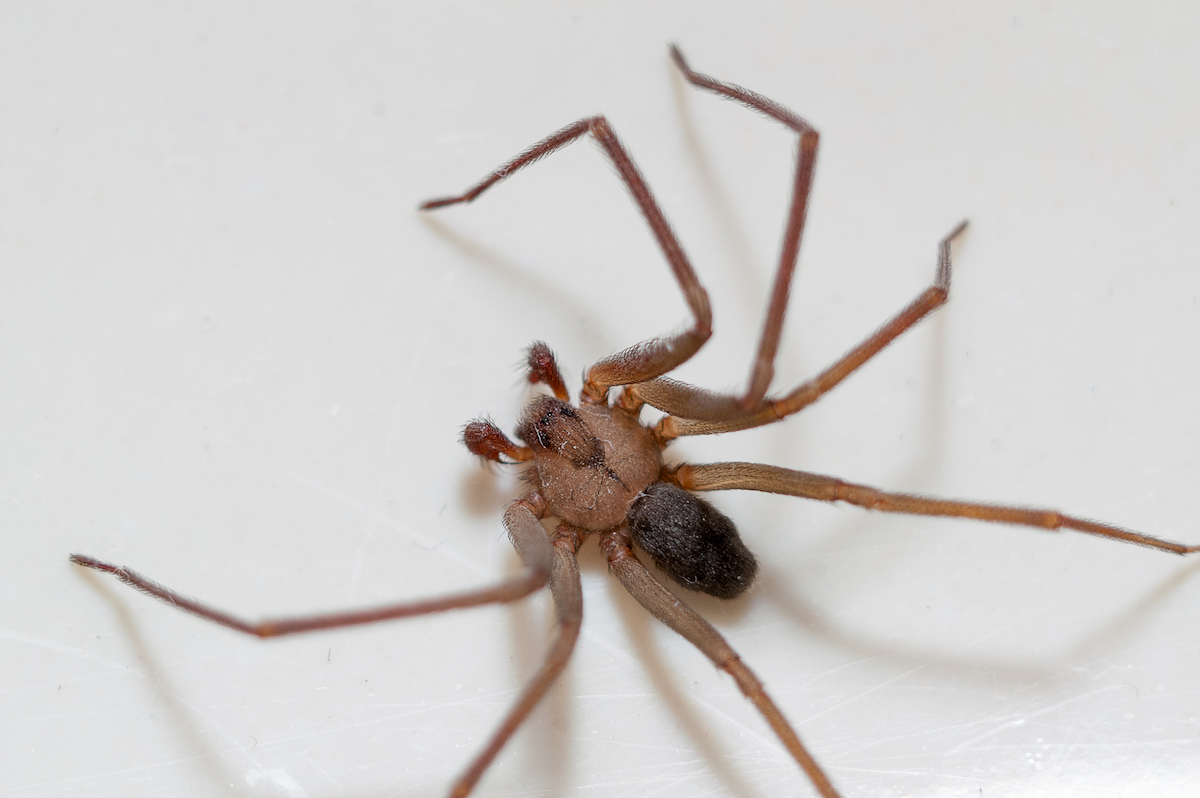<< Back
Spiders Bite: Read This Before You Shriek for Help

May 26, 2021
They are creepy, crawly creatures that come in many sizes and cause some people to shriek in fear. In fact, “Arachnophobia” was based on irrational reactions to spiders.
Although that movie takes things a bit too far, it is a fact that every spider is capable of biting, and almost all spider bites are venomous — no matter what their shape or size.
But don’t panic:
- Spiders only bite when threatened, provoked or caught by surprise. Biting is an act of self-defense, not something they initiate.
- Spider bites rarely penetrate human skin. And when a spider does bite, its venom is very weak. If you are bitten by a spider, the most common result is a mild skin irritation that looks much like a mosquito bite. Some patients may suffer a rare allergic reaction to a spider bite. Itchy skin, welts, and trouble breathing are a few of the symptoms of a spider bite allergy.
- Spiders aren’t the only suspects when it comes to bites. Fleas, bedbugs and mosquitoes are the more common culprits. In fact, unless the spider is seen actively biting, it is more likely to be falsely accused. A spider bite can reveal itself with two distinct puncture marks at the site of the bite.
If you are bitten by a spider, use the same precautions you would with any bite. Immediately wash the area with soap and water. An ice pack can bring some relief when applied on and off for 10 minutes at a time.
In many cases, spiders are a good thing. They help control the number of other nuisance bugs. But in Connecticut, two varieties of spiders that should be of concern. Both the brown recluse spider (shown above) and the female black widow spider can be dangerous. Brown recluse spiders are not native to Connecticut, but are known to arrive in produce and containers from other regions. Like all spiders, they will avoid human interaction, but if acting in self-defense, may bite.
Brown recluse spider bites can cause a multitude of symptoms, such as sweating, fevers, chills, nausea, jaundice, seizure, and blistered skin with tissue damage. There is no anti-venom to treat these bites.
If bitten by a black widow spider, you can experience muscle cramps, abdominal pain, trouble breathing, sweating, headaches, nausea, seizures and anxiety. Anti-venom is available to reduce the symptoms.
In a severe case, a spider bite can cause necrosis, which is damage or death of the tissue. A form of wound care known as hyperbaric oxygen therapy is offered at advanced wound centers and can aid in the healing of recluse spider bites. During the procedure, patients rest in a chamber with greater-than-normal atmospheric pressure, breathing 100 percent oxygen, delivering high levels of healing oxygen to the body’s tissues.
To avoid spider bites:
- Wear long-sleeved shirts and long pants when in areas spiders inhabit.
- If you’re heading into an attic, basement, woodpile or an area where you suspect spiders, cover up.
- Always shake out clothes, linens and shoes that have been stored for prolonged periods.
- It may sound silly, but don’t surprise spiders, or they may surprise you.
Dr. Aurangzeb Ali is the medical director of Advanced Wound Care and Hyperbaric Medicine at Hartford HealthCare.